Understanding Joint Compound Drywall
Joint compound drywall, commonly known as drywall paste or mud for drywall, is a critical material in the construction and finishing of interior walls and ceilings. This compound is a blend of gypsum dust and other materials that, when mixed with water, creates a malleable paste used to finish drywall joints, corners, and surfaces.
Types and Applications
The versatility of joint drywall compound is evident in its various types, each suited for specific applications. For instance, all purpose joint compound is a popular choice for both taping and finishing drywall seams. On the other hand, specialized taping compounds are designed to work with drywall tape, providing a strong bond and smooth finish. Durabond 90 is a setting-type compound known for its quick setting time, making it ideal for projects requiring rapid completion.
Features and Materials
The composition of drywall compound typically includes gypsum and additives that enhance its performance, such as polymers for improved adhesion. Some compounds, like plus 3 joint compound, are formulated to be lighter and easier to sand. For moisture-prone areas, a moisture resistant drywall compound is essential to prevent water damage and mold growth.
Advantages of Using Quality Joint Compounds
Using a high-grade drywall taping compound ensures a smooth finish and longevity of the wall's surface. It minimizes the risk of cracking and crumbling, especially when combined with drywall jointing tape. Moreover, compounds like sheetrock mud are designed to be easy to work with, allowing for a seamless application and finish.
Specialized Solutions
For enhanced acoustic insulation, a specialized sound insulating drywall compound can be used. This type of compound incorporates materials such as viscoelastic polymers and ceramics to dampen sound transmission. In contrast, gypsum board joint compound is a standard solution for typical drywall finishing and can be found in various settings, from residential to commercial projects.
Choosing the Right Compound for Your Project
Selecting the appropriate dry wall compound is crucial for the success of any drywall project. Factors to consider include the specific requirements of the project, the desired drying time, and the level of moisture resistance needed. It's important to match the compound to the type of tape being used, such as dry wall mud and tape, to ensure a durable bond and a flawless finish.


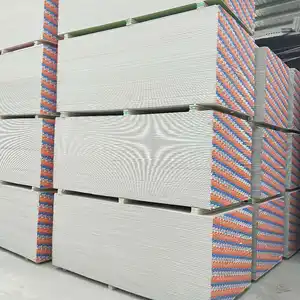



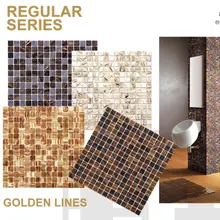

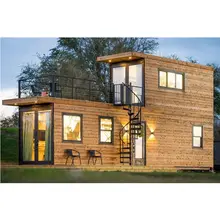

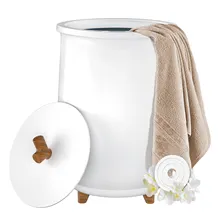




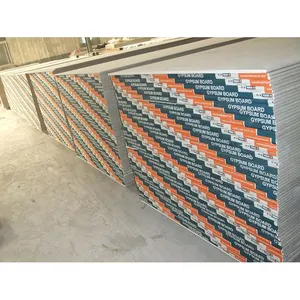

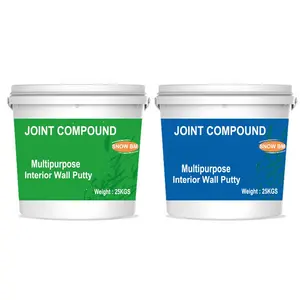
























 浙公网安备 33010002000092号
浙公网安备 33010002000092号 浙B2-20120091-4
浙B2-20120091-4